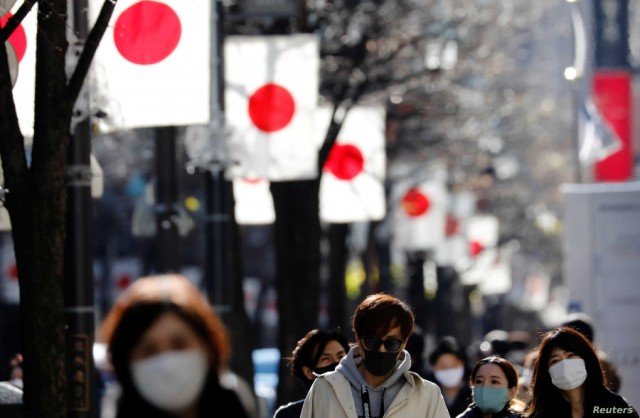Airlines, passengers and the business sector have responded to the many travel restrictions announced over the weekend to limit the spread of the Omicron strain of coronavirus.
An initial series of flight bans from South Africa, in which the new strain was first detected, has led to broader measures making travel more expensive and less convenient, while bringing back the early days of the pandemic.
The United Kingdom, in turn, has set new rules, requiring mandatory PCR tests for all arriving passengers and saying they must self-isolate until a negative result for the virus emerges. While Israel closed its airports to all incoming foreigners for a period of 14 days, while the Philippines said that travelers from European countries including Switzerland and the Netherlands will not be welcome for several weeks.
Spain and Switzerland stressed the arrival of arrivals from Britain, which quickly reversed their travel back. British low-cost carrier EasyJet Plc said on Sunday that its flight schedule was operating as usual, but we continue to monitor the situation closely.
The organizers of the World Aviation Festival in London told attendees that the event will continue as scheduled from Tuesday, the day new UK rules come into effect. The group arranged for testing at two nearby hotels where guest reps could self-isolate while awaiting results.
Carriers now face a return to uncertainty about changing rules and public health developments that put customer plans into disarray and undermined demand earlier in the pandemic.< /p>
Airline stocks
For its part, British Airways suspended flights to Hong Kong until at least November 30 after an employee tested positive for the Corona virus, and employees were sent into quarantine. The airline said it is keeping its operations under review as the situation evolves.
As Singapore and Japan contemplate tightening restrictions on international arrivals.
With news of the pandemic, airline stocks have already fallen, with the Bloomberg Index, which tracks airlines in Europe, the Middle East and Africa, down 18% this month.









































